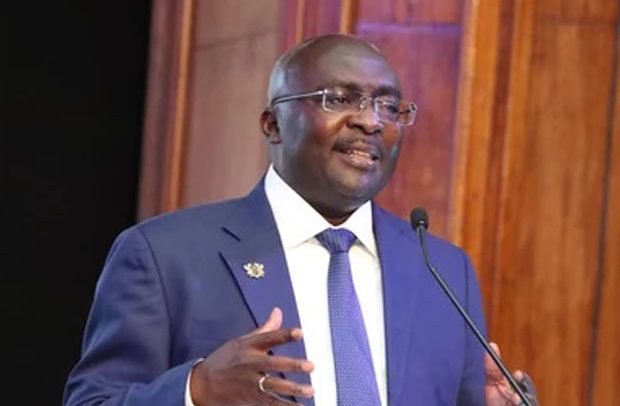Dr. Bawumia
VICE PRESIDENT Bawumia has stressed the need for a justice system that is fair to every citizen.
He said this is crucial because “depriving even one citizen of justice is tantamount to pulling another tile from the delicate domino pack that is modern society.”
Just like all other benefits that accrue to a citizen by mere virtue of birth, he has therefore emphasised the need for state actors to expend every available energy to ensure that justice is available to all.
This was when he addressed the opening ceremony of the Commonwealth Magistrates and Judges Association (CMJA) 19th triennial conference in Accra on Monday.
Speaking under the theme: “Access to Justice in a Modern World” at the conference which ends on September 9, Dr. Bawumia noted that “until very recently, this desire has been subject to very real challenges.”
Beyond the basic problems of infrastructure, he noted that “the very ideas of time and space have been impediments to access.”
“How for example, can a critical witness who is away from the jurisdiction for very valid reasons, provide the testimony necessary for the case to proceed? How can victims of assault tell their story if the result of the assault is that they are permanently tethered to a bed in an infirmary? How will a lawyer appear in two courts hours apart if the time between sittings is only a mere few minutes?” he asked rhetorically.
The Vice President therefore stressed the belief that “no society can be truly deemed ‘organised’ if it is not centred on the central foundation of justice.”
“The belief in every citizen that they have rights equal to every other citizen, that their lives, properties and happiness cannot be arbitrarily taken away by another, no matter how powerful, is the consideration for the consent of individuals to be governed,” he emphasised.
If there was a lesson from COVID-19, according to the Vice President, “it was above all that all these are possible if we employ the right digital tools” and that “the advancements in technology mean that we do not have to be physically present somewhere to perform a task there.”
Instead, he said “we can reduce the man hours required to perform any task; super-charge the efficiency of institutions and empower individuals at all levels of society.”
Dr. Bawumia, who is leading the digitalisation agenda in Ghana, therefore insisted that “Justice systems in the Commonwealth and around must, in my estimation, fully embrace the power of digital tools in order to boost access to justice.”
“In fact, it would be criminally negligent to ignore the latent power we have and allow the situation to fester where our courts are clogged, citizens are frustrated and justice remains out of reach of many,” he charged.
He noted with pride the fact that the Government of Ghana, under the leadership of President Akufo-Addo is fully committed to ensuring that justice is available to all through the effective use of digital tools.
That, he said, was evident in the fact that “even before COVID-19, the digitalisation of our courts was very much underway.”
“We now have virtual courts for our citizens, an electronic case management system and a Justice For All programme that leans heavily on digital technology to expedite the cases of prisoners held on remand beyond the constitutional limit,” he noted.
Apart from that, he stated, “I can also say with every confidence that government, through the Ministry of Communications and Digitalisation and its allied agencies, will continue to support our Judicial Service to leverage technology to improve access to justice in the country.”
He, therefore, expressed hope that “during the conference, there will be a robust exchange of ideas on how we can all, together and as individual nations, pursue the goal of universal access to justice.”
“We have much to share with each other and I want to believe that at the end of the conference, we would have learnt much from each other. And that the citizens in our various nations will ultimately benefit from what we teach, learn and share here in Accra this week,” he emphasised.
BY Charles Takyi-Boadu


